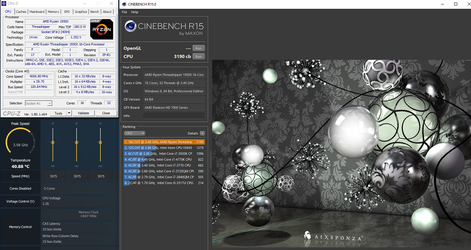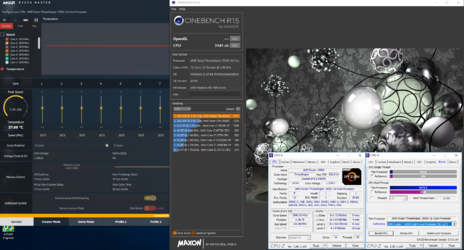I've been itching to try one of these for our computational biology simulations, where we simulate millions of cells (plus all their physics) in 3D. We parallelize by OpenMP, so in principle, we should get good gains out of something like this.
I've open sourced our simulation software, so if anybody wanted to benchmark with these CPUs as they come out, I'd be very interested in working with you!
We could create a standardized test problem ...
Examples on YouTube:
1) Simulation of colon cancer metastases in a large liver tissue
2) Simulation of a 3-D cancer assay:
3) 3-D simulation of DCIS (an early breast cancer):
More videos here:
https://www.youtube.com/playlist?list=PL1IHi3Kb0zyn-HBXeMBLjTU_-rFEKqFKM
- - - Updated - - -
Timonex, thanks for pointing me to geekbench. Nice to see some benchmarks beyond gaming engines. (I've previously used matlab's "bench", but it's not great.)

